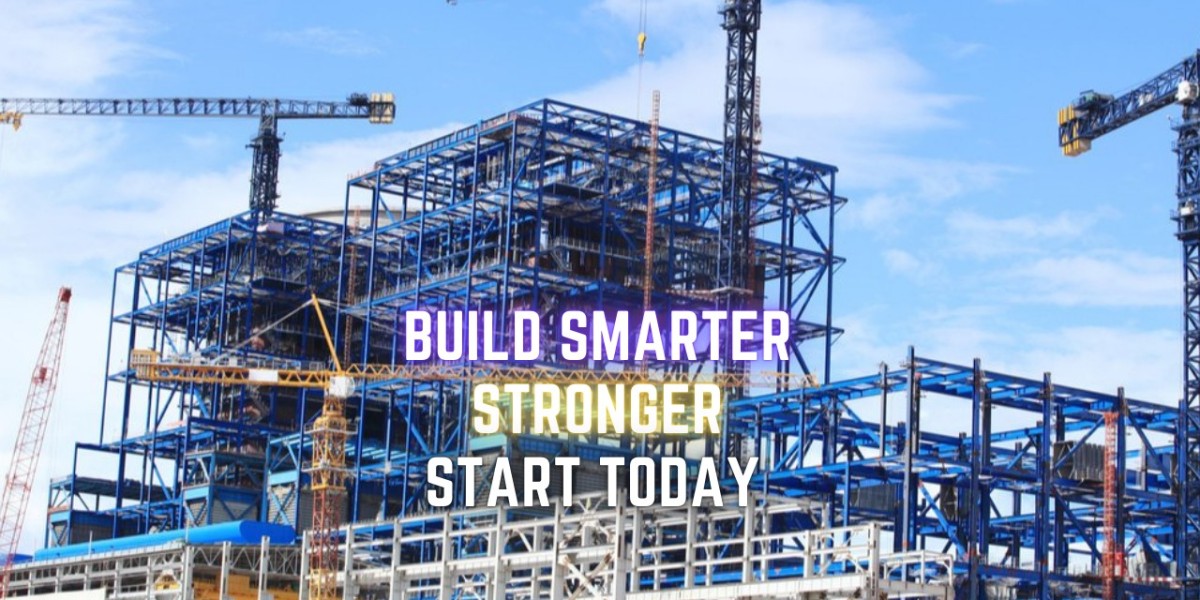In the world of industrial construction, time is money. Every day lost on a project can mean increased costs, strained resources, and missed opportunities. For businesses relying on manufacturing plants, warehouses, or logistics hubs, delays can even disrupt entire supply chains.
The truth is simple: delays are more expensive than most people realize. That’s why avoiding them is not just a project management goal—it’s a survival strategy for smart businesses. The good news? With the right planning and the right team, delays don’t have to be part of your construction story.
1. Why Delays Are So Costly
When a project runs late, the costs go far beyond the construction site. Businesses face:
Higher labor and material expenses – overtime wages and fluctuating prices quickly eat into budgets.
Lost revenue – every day a facility isn’t operational, the business loses potential income.
Frustrated stakeholders – investors, partners, and clients lose confidence when deadlines aren’t met.
Chain reaction effects – in industrial projects, one missed deadline can push back equipment installation, licensing, and operations.
Delays are like a domino effect: once they start, they impact everything else.
2. Common Causes of Delays
Knowing what causes delays is the first step towards preventing them. The most frequent issues include:
Poor initial planning and unclear timelines
Incomplete designs or scope changes during construction
Shortage of skilled workers or mismanaged labor schedules
Late delivery of materials or supply chain disruptions
Unexpected safety or compliance issues
These challenges are common—but they’re also preventable with the right strategy.
3. The Role of a Strong Project Team
The easiest way to avoid delays is by choosing a reliable construction partner. A strong project team brings not just skills, but also systems to anticipate and manage challenges.
They ensure:
Clear schedules with realistic milestones
Efficient coordination between architects, engineers, and contractors
Risk management plans in place before problems occur
Constant communication to keep stakeholders informed
Simply put, the right team doesn’t just build structures—they build confidence.
4. Industrial vs. Retail Construction: Lessons Learned
Both industrial and retail construction projects require precision, but their goals differ. Retail spaces are often driven by opening dates tied to seasonal sales or marketing campaigns. A delay here means lost opportunities and missed customer traffic.
Industrial projects, however, have even higher stakes. If a warehouse or plant is delayed, entire operations may stall. Equipment installation, supply chain contracts, and workforce hiring all depend on the facility being ready on time.
By studying the efficiency strategies used in retail construction—such as strict scheduling and phased handovers—industrial projects can benefit from better time management.
5. Technology as a Time-Saver
Modern construction has a powerful advantage: technology. Tools like Building Information Modeling (BIM), digital scheduling software, and real-time tracking help project managers spot bottlenecks early.
With these systems, teams can:
Predict and solve design conflicts before construction starts
Monitor progress daily with accurate data
Adjust resources instantly to keep timelines on track
Technology doesn’t replace human expertise—but it empowers teams to deliver projects faster and smarter.
6. Building Flexibility into the Plan
No matter how well you plan, unexpected issues can arise—weather changes, global material shortages, or sudden design changes. The best way to stay on schedule is by building flexibility into the plan.
That means:
Setting buffer times for critical tasks
Having backup suppliers for materials
Using modular or prefabricated construction methods to speed up timelines
A flexible plan doesn’t mean being unprepared. It means being prepared for anything.
7. Why Choosing the Right Partner Matters
At the end of the day, delays are most often linked to poor execution. That’s why your choice of construction partner is critical. A team with proven experience in industrial and commercial projects won’t just promise timelines—they’ll deliver them.
They’ll have the systems, people, and strategies to keep your project on track, no matter how complex it is.
Conclusion
Delays are more than just inconvenient—they’re costly, frustrating, and damaging to your business. But with clear planning, smart use of technology, and the right partner, they can be avoided.
If you’re preparing for your next project, don’t gamble with your timelines. Partner with an experienced construction company in Dubai that understands how to deliver industrial and retail spaces on schedule.






